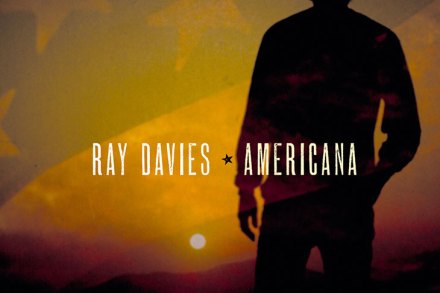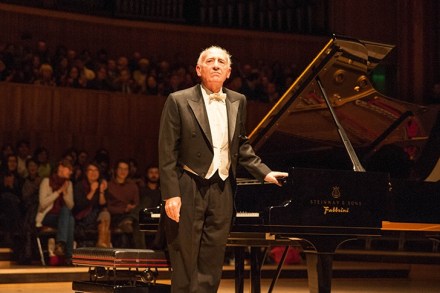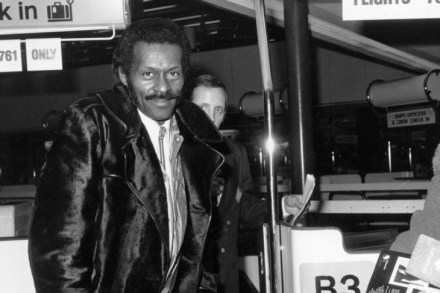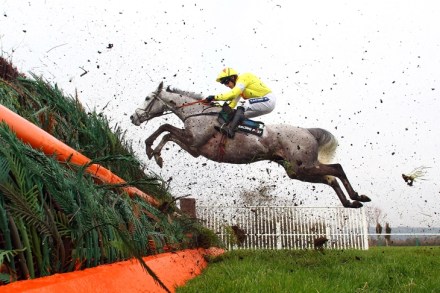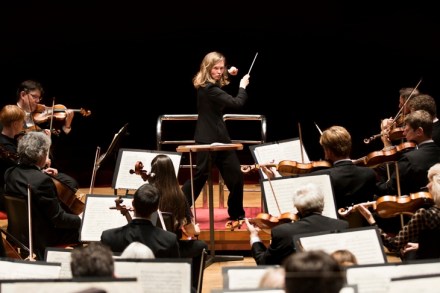PWR BTTM: Pageant
How about some queercore garage punk? PWR BTTM — the name means something empowering to do with buggery — are a young, gay, two-piece band from New York State who live apparently hectic lives. Their new album, Pageant, was released last week and a couple of days later they were kicked off their record label and current tour after allegations of sexual predation were made against the pantomimely camp singer, Ben Hopkins. The greatest surprise was that the complaints came from a woman. Their career is now in limbo. Hopkins denies the allegations, of course, claiming that he is a consensual and democratic kind of chap. But it’s all rather








